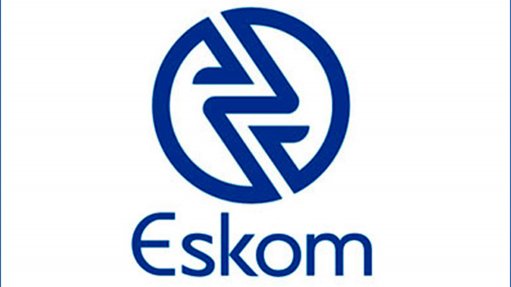
Eskom is progressing well with the maintenance of its power generating plant whilst supplying the country’s electricity needs.
The Eskom Women Advancement Programme (EWAP) was established in 2013 with the purpose of rewriting the story of how both men and women view women and their role in society and in the work environment. This programme seeks to make deliberate and considered interventions to advance and deploy women in Eskom. It is a holistic approach aimed at “breaking the mould” that is based on perceptions about women that perpetuate the misrepresentation of women in leadership and technical roles. One of the main priorities of this programme is to create an environment conducive to unleashing women’s full potential in Eskom, a potential that has been historically constrained and stifled.
The EWAP is comprised of 6 focus areas:
- Women in Leadership (increasing the representation of women in leadership positions)
- Women in Nuclear (Building a cadre of women to fill critical roles at our world-class Nuclear programmes)
- Women in Technical Roles (developing a pipeline of women to occupy technical role and increasing the representation of women in these technical roles)
- Conducive work environment (developing and facilitating a gender inclusive programme to influence a progressive, inclusive and sustainable organizational culture)
- Employee Value Proposition (ensuring the HR practices and policies are geared towards empowering women and supporting their advancement)
- Powerful Partnerships (partnering with institutions of common interest to enable the development of global leaders amongst women).
Again in 2013, a powerful partnership was forged between the Eskom HR and Generation groups to bring about transformation within the Koeberg Operating Unit (KOU) and that employment equity trends within KOU should be aligned with Eskom’s vision 2020 Employment Equity strategy. One of the many different interventions of the Koeberg Transformation project was the recruitment of 100 qualified young Black engineers and artisans (40 of whom are women) who started a flagship world-class nuclear operator training programme at the Koeberg power station. This initiative will enable Eskom to continue to drive transformation and the advancement of women, whilst building a robust pipeline of local nuclear operators that will ensure we have sufficient local resources to service the country’s future nuclear needs.
The introduction of an on-line mentorship and coaching programme through the EWAP is a newly established multi-dimensional intervention, aimed at creating greater reach and accessibility amongst women, who can benefit from mentoring and coaching training opportunities as well as receiving mentoring and coaching, something not historically practiced amongst women across the board. The process will initially focus on women leaders who are willing to be mentors and coaches and keen to develop the next generation of leaders by giving beginning and mid-stage female leaders the opportunity to learn from the successes of experienced leaders.
A further example demonstrating Eskom’s commitment to the advancement of women is the partnership with the Japan International Cooperation Agency (JICA) to drive the objectives of women advancement at Eskom and offer opportunities for young and eligible women (with focus on Black women) to study master’s courses at Japanese universities as international students and to experience internships at Japanese enterprises in order to develop effective skills and knowledge in various fields for contributing to the development of industries in Africa. The process to select these candidates has been finalized this month, and Eskom is excited to announce that 6 successful young women (5 of whom are Black and 1 of whom is White) will soon be taking up this opportunity.
Additionally, the advancement of women is evident in the senior appointments recently made at Eskom. These include the appointment of a woman as the Group Executive for Human Resources as well as three female Senior Managers in the Transmission Division, indicative of bold and decisive leadership which is key to drive the transformation agenda.
Eskom is confident that the implementation of women advancement at Eskom (while having an admittedly questionable history within our organization), is firmly forging ahead on the right track, with the full support of our Executive Team and Shareholder.
We will continue to provide regular updates on the state of the power system through various media platforms.
Issued by Eskom